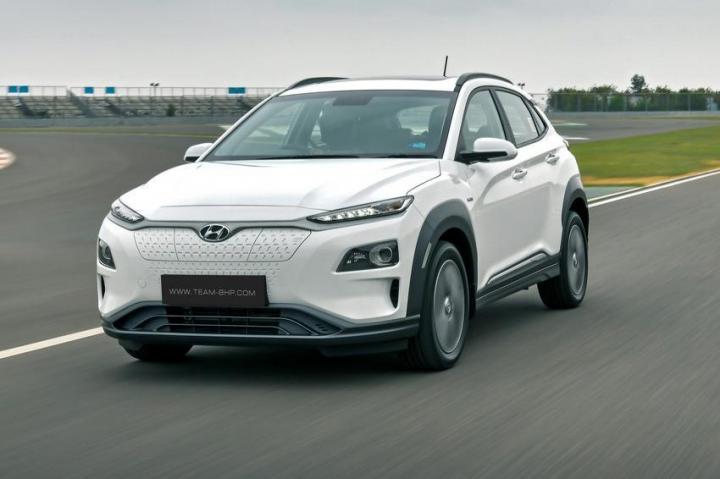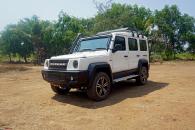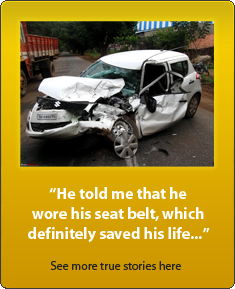News
Highway driving habits that EV owners in India prefer
Whether it makes more sense for EVs to drive at a little higher speed on highways and charge more frequently OR stick to efficient speeds, make slower progress and charge less.
BHPian Omkar recently shared this with other enthusiasts.
With the advent of EVs in the global car market, new sets of parameters are being tested every day. Which is the fastest-accelerating EV? What is the maximum range you can get in a single charge? Single motor or dual motor? Big battery option or a regular battery? And more. Let’s talk about the EV range, and specifically the range on the highways. We all know that you will get less range on the highway as compared to driving in the city. EVs don't do high speed very well and there is a drastic drop in range if you're cruising at 110 - 120 km/h Vs 80 - 90 km/h. However, the jury is out on whether it makes more sense for EVs to drive at a little higher speed on highways and charge more frequently OR stick to efficient speeds, make slower progress and charge less.

Of course, various factors and conditions will affect this test starting from which car is being used, what is the battery chemistry, what is the motor rating, etc. But let’s consider a mid-size EV and consider that all the external factors remain exactly the same. What would be the outcome then? Certain factors to consider:
Driving at higher speed (within the limit) and charging more frequently:
- The motor works more and hence, drains the battery more.
- Higher speed means the air resistance would be higher, hence more energy being utilized.
- India's public charging infrastructure is still poor & requires jumping through many hoops or ending up with unexpected
Driving at efficient speeds and charging less frequently:
- Motor in the most efficient zone
- Lesser air resistance

So, what do you think is better? Higher speed, more frequent charging or economical speed, less frequent charging? Which scenario would have the better average speed? Looking forward to answers from BHPians and EV owners.
Here's what GTO to say about the matter:
Today
Efficient speed range, less charging. Main reason is that highway charging is still very unreliable, can work (or not), you have to download multiple apps, there can be waiting etc. etc.
In 5 Years
Option B. Drive faster, charge a little more. Cars will have longer-range batteries & there will be ample charging opportunities on expressways & highways. In the USA, a magazine (don't remember the name) did exactly this test with a Tesla and found that slightly higher speeds + more charging was faster. But that was also on Tesla's super awesome fast-charging network. There is no equivalent to that in the USA, forget India.
Added bonus of Option B = have more fun in the fast lane. Today, most Tata / Mahindra / MG EVs I see are cruising at 80 - 90 kmph in the middle lane on expressways.
Here's what BHPian Shreyans_Jain had to say about the matter:
Depends on the journey.
- Case: my Nexon EV LR
- Normal range: 280km
- Range at 100-120kmph: 220km
If my destination is 300-350km away, I’ll go at three-digit speeds. I have to make one fast charging stop anyway, coinciding with a snack and coffee break. Makes no difference if it is 20 minute stop or a 40-minute stop.
On a 400-500km journey, I’d rather cruise at 90kmph for a better range. This will be the difference between doing the trip with just one stop or two.
In both cases, the assumption is that I am reaching my destination with approx 20% battery left, and I can charge the car fully once there.
Calculation can be made on similar lines for cars with different ranges and battery sizes.
Here's what BHPian mally2 had to say about the matter:
Economy speeds less frequent charging.
Great thread Omkar. This almost is never a contest for ICE cars but for EVs its a Boon and a Bane, I will explain.
- Boon - Because it makes extracting as much range possible a passive safety feature as one is driving at more controllable speeds 80-90 kmph.
- Bane - Because one is not able to fully extract the potential of the superb acceleration of EVs on highways
BUT
The solution is the opposite, drive faster - charge sooner.
I recall seeing a post of a bhpian that economy speeds + less frequent charging take about the same time to complete a trip as faster speeds and more frequent charging for sub 400 km one way trip.
Here's what BHPian ferrarirules had to say about the matter:
For me, I drive at the allowed speed limit, usually 90-100 kmph, except for expressways (cannot go above 100 kmph as it drains battery way too much).
The routes I have travelled on have had ample chargers so you could drive at maximum allowed speed and charge when you stop for a meal or tea/coffee. It doesn't add time.
I have been documenting my highway trips in various posts:
- Trip to Jaipur via Delhi Mumbai Expressway
- Trip to hills via National Highways
Check out BHPian comments for more insights and information.



















